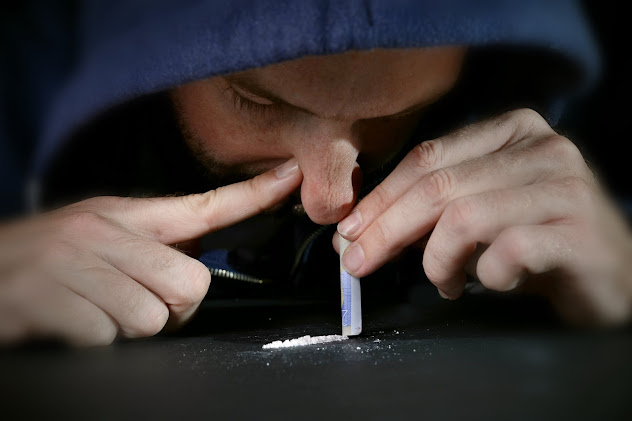Is Detoxification effective?
One of the features of alternative therapies, for example approaches that are not backed by empirical evidence, seems to be that proponents use words that are used in traditional medicine but assign them different definitions. Subluxation, electricity, and integrated medicine are only a few examples. Another example is the term "detox." from the body of a healthy person who is supposedly being polluted by metabolic by-products, environmental contaminants, or her own overindulgence and unhealthy lifestyle.
Detoxification is a central component of complementary medicine, and it is typically done by a liver cleaning program or a more extensive bowel and liver alcohol detox programs. The gastrointestinal tract and liver, according to many naturopaths and integrative medicine practitioners, are the primary protection barriers that shield the person from reactive toxins. These doctors agree that poor organ function raises the toxic load, which affects the immune and nervous systems, resulting in inflammatory reactions and neurological dysfunction. The medical management of patients who are dependent on alcohol and who present with a request to be “dried out” is often haphazard. In some cases, they will be admitted to hospital, either to a general psychiatric or, sometimes, a general medical ward. They may be referred to a specialist alcohol unit where such a unit is prepared to assess patients on a “demand basis”, or they may be referred to their general practitioner.
Alcohol Detox Programs is offered in some shelters as well as hospitals. The method of safely removing a dependent drinker from alcohol without referral to an inpatient facility is known as home detox. Group detoxification was found to be healthy with high completion rates in a recent systematic analysis of 5 of 20 studies. It was discovered that group detox had better drinking results, acceptability, and cost between 10.6 and 22.7 times less than inpatient detox. Because of the societal stigma associated with being called a "alcoholic," it is also difficult for a patient to ask for help. It's important to take a nonjudgmental approach and employ motivational interviewing strategies. After you've established rapport, you may conduct a detailed evaluation.
Alcohol Detox Programs is effective depending on the patient especially when they
cooperate and receive some support from their family. It's better to eat small,
regular meals during the detox if at all possible. Protein-rich foods like
fish, dairy products, and vegetables, as well as thiamine and a multivitamin,
are important. To avoid hypoglycemia, drink plenty of beverages, like sweet
drinks like tea or decaffeinated coffee, as well as plenty of water. Patients
are always eager to begin detoxing the same day they see their doctor. Many
that hurry into it or go ‘cold turkey' themselves, on the other hand, are at a
much greater risk of withdrawal syndrome and relapse. It's important to develop
a partnership with your local addiction counselors because a clear path to
inpatient treatment is needed for high-risk patients. They are very eager to
heal for their family and loved ones. As well as they are very eager to be back
to work and for student who undergone this treatment, they were excited to be
to back to their family.



Comments
Post a Comment